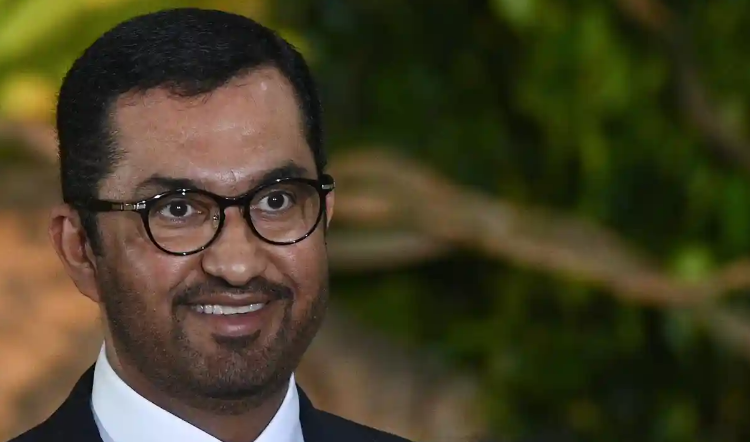UN climate summit host UAE failed to report methane emissions to the UN. The United Arab Emirates will host the crucial Cop28 UN climate summit in December. It has failed to report its emissions of the powerful greenhouse gas methane to the UN for almost a decade. This was revealed by the Guardian.
Its state oil company, Adnoc, whose chief executive, Sultan Al Jaber, controversially will preside over the climate summit, has also set itself a methane leak target far higher than the level it claims it has already reached. Al Jaber recently urged countries and companies to be “brutally honest” about the inadequacy of global action to fight the climate crisis.
Al Jaber is tasked with leading countries at Cop28 to deliver the climate action desperately needed, with extreme weather damaging lives across the world. He has previously been backed by the US and EU but has also faced calls to step down.
Critics say the revelations and the UAE’s huge planned expansion of oil and gas production against scientific advice show the “opposite of leadership” and undermine Al Jaber’s credibility.
Methane is responsible for about a quarter of global heating, and leaks from fossil fuel exploitation are a key source. Cutting these emissions is a fast and low-cost way to slow the temperature rise.
The UN’s climate body has required countries to submit their methane emissions every two years since 2014. The UAE has not submitted any reports, unlike other Middle Eastern oil states, including Saudi Arabia, Kuwait, and Oman.
UN climate summit host UAE failed to report methane emissions to UN
In July, Al Jaber called on countries to update another type of submission to the UN, climate action plans called nationally determined contributions.
Cutting methane emissions from oil and gas production is seen as a vital part of climate action, and Adnoc announced in October 2022 that it would aim by 2025 to limit leaks to less than 0.15% of the gas produced.
However, the company’s estimate of its level of emissions for 2022 was 0.07%, announced after an Adnoc board meeting chaired by the UAE crown prince, Khaled bin Mohamed bin Zayed.
The 0.15% methane target is also higher than the level achieved in 2019 by Qatar (0.06%) and Saudi Arabia (0.14%), according to a recently published satellite analysis by scientists at Harvard University in the US.
The study estimated the UAE’s methane leaks in 2019 at 3.3% and said “these high values [in the UAE and other nations] reflect leaky infrastructure combined with deliberate venting or incomplete flaring of gas”.
Read more at theguardian.com
Photo: theguardian.com


Leave a Reply